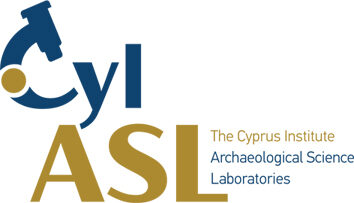
People in Motion is a 3.5-year project funded by the Research & Innovation Foundation in the context of the Excellence hubs call (EXCELLENCE/1216/0023). Its aim is to explore human mobility across the Mediterranean during the Early and Middle Byzantine periods.

Dr Nikita (left) training a student.
Human mobility has played a key role in the formation of the multi-ethnic Byzantine state and People in Motion is the first project to systematically explore the scale, nature, and impact that migration had on those who relocated and on the local communities in the lands they inhabited based on the most direct evidence of these individuals, human skeletal remains.

To this end, the project focuses on material from Tunisia, Morocco, Italy, Greece and Cyprus and it is materialised in close collaboration with colleagues from the Cypriot Department of Antiquities, University College London, Ephorate of Antiquities of Messene, Ephorate of Antiquities at Rethymno, University of York, and the University of Cape Town. Human mobility and its effect are being explored using a combination of macroscopic (dental morphology), microanalytical (dental calculus micro debris analysis of indigenous and imported plant species and minerals), and biochemical (strontium isotope analysis) methods.

Given the recent waves of migrants across Europe and the worldwide trend towards closing borders, this project is expected to increase public awareness regarding the antiquity of migration and its role in shaping modern identities.
